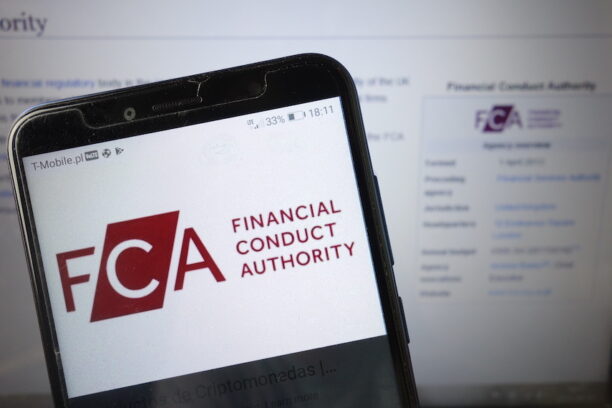There is a growing movement (perhaps maturity) in ESG/sustainability materiality circles that not everything is material to every company. Ashley Walter discussed this in our recent podcast, Matt Sekol frequently writes that carbon isn’t universally material, and Advisory Board member Donato Calace advocates for disciplined double materiality assessments.
It’s easy to agree with this in a general sense, but in practice it means companies must think critically and objectively about some very difficult topics.
DEI is one of those.
Is DEI universally material?
Almost 12 months ago, Tractor Supply Company (TSC) announced it was retreating from its DEI initiatives. They were one of the first in that wave and of course faced a great deal of public backlash.
At the time, I wondered if the action would have significant financial impacts on the company given generally rural markets they serve being red and conservative – likely leaning towards an anti-DEI viewpoint. The early impact of the announcement on stock price was counterintuitive.
TSC announced their latest quarterly results in April and they weathered the storm much differently than Target – another retailer facing DEI-related troubles.
In several metrics, they grew year-over-year. The stock price pulled back a bit recently due to tariff uncertainty and is now roughly where it was a year ago. Although they saw slight sales weakness (less than 1% drop year-over year, driven by seasonal categories and big ticket sales), overall gross sales, profit and margin increased, but so did cost of goods sold (COGS). They opened more stores, so sales, general and administrative (SG&A) also increased. No apparent lasting financial drama despite the initial negative publicity. Granted I didn’t look at how they compare to a larger retail index (see the next blog on JPMorgan’s ESG controversy playbook).
Therefore, it is relevant (albeit controversial) to ask if DEI is financially material to TSC – and by extension, other companies.
Perhaps it is best to first ask “what is DEI to our company?” as it likely involves multiple initiatives – some internally focused, others outward-facing. Each component can then be assessed objectively, dispassionately and critically. The results may be different than expected – but perhaps that is the right answer. The answer is unlikely to be the same for every company. Financial materiality is viewed from the perspective of a reasonable investor and depends on how a particular piece of information fits with the total mix of information about the company that’s available to the market.
Members can learn more about materiality here.
PracticalESG provides tools and guidance for in house staff and outside advisors – from beginners to senior practitioners. In addition to creating our own unique tools for members to use, we scour third party resources, vetting and filtering them – saving you hours of your day. And we don’t use AI to produce any content or have annoying ads.
If you’re not already a member, sign up now and take advantage of our no-risk “100-Day Promise” – during the first 100 days as an activated member, you may cancel for any reason and receive a full refund. But it will probably pay for itself before then.
Are you a client of one of our Partners? Contact them for exclusive pricing packages for PracticalESG.
Photo credit: Refrina – stock.adobe.com










